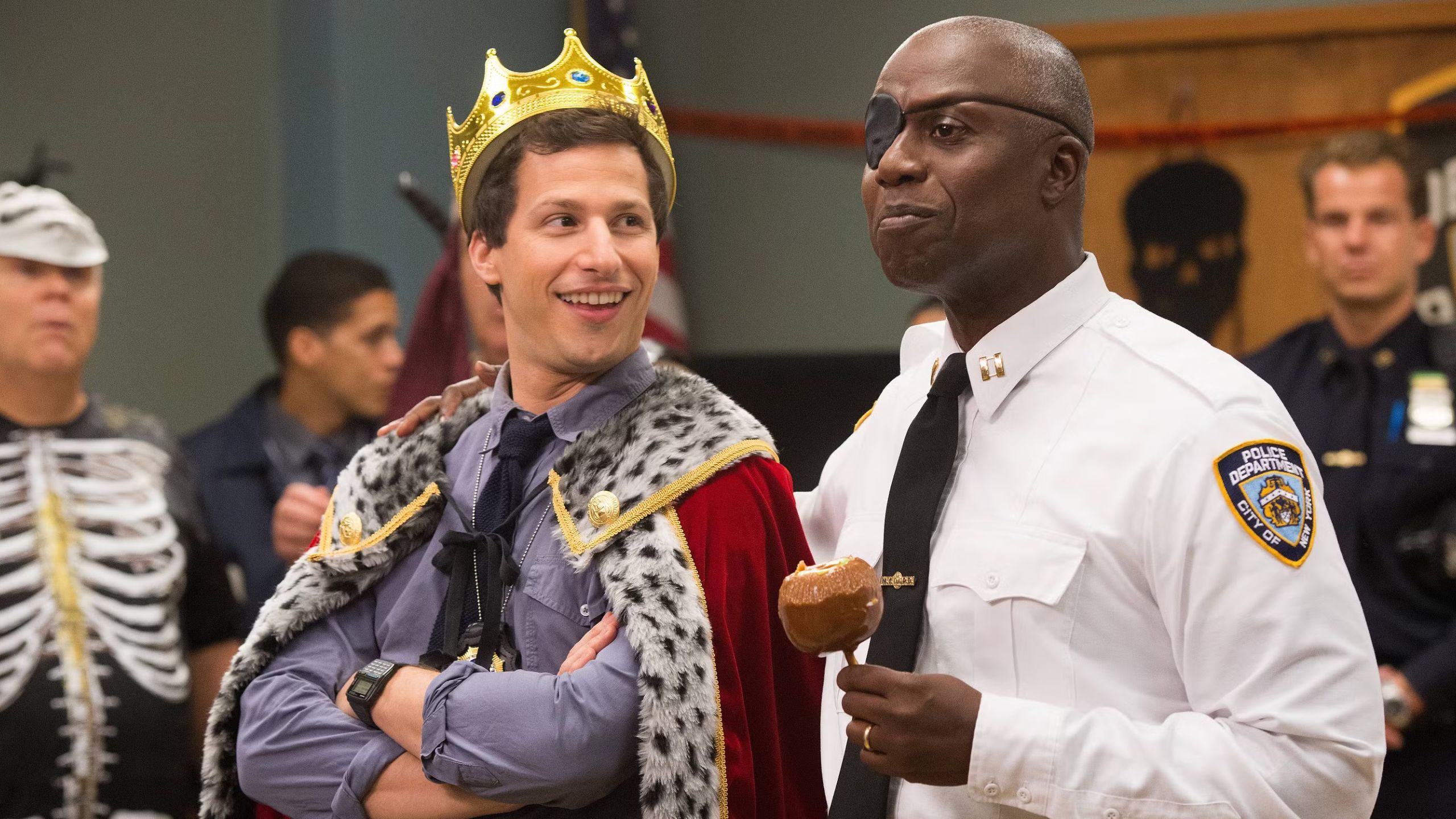
Reaching 100 episodes of a TV show feels like finishing one huge challenge and immediately starting another. It’s uncommon for even great shows to last that long, and it’s even harder to stay good when they do. Often, shows have a strong start but quickly lose steam, or they continue for years even after the original ideas have run out.
The shows that truly endure – maintaining their quality, wit, and emotional core – gain a special kind of admiration that lasts beyond fleeting popularity. These 20 series, across various genres, channels, and years, prove that lasting creativity takes real skill and dedication.
Arrow (2012–2020)
8 Seasons. 170 Episodes
 MovieStillsDB
MovieStillsDB
Arrow initially stood out because of its realistic and relatable approach, which captivated viewers. The first two seasons were particularly strong, offering a gritty, emotional, and well-crafted story. It felt like DC’s attempt to create a dark and realistic superhero world, similar to Christopher Nolan’s The Dark Knight films, and Stephen Amell delivered a surprisingly nuanced performance as Oliver Queen.
As the Arrowverse grew with more shows, Arrow surprisingly suffered from its own popularity. Frequent crossovers made the main stories feel overly long, and the show struggled to create interesting reasons for its extended storylines in later seasons.
Even with some problems with the show’s speed, its influence on television is clear. Arrow paved the way for other popular shows like The Flash, Legends of Tomorrow, and Superman & Lois. While the show wasn’t always consistent in quality, especially in the middle seasons, its lasting impact is still significant.
The Walking Dead (2010–2022)
11 Seasons, 177 Episodes
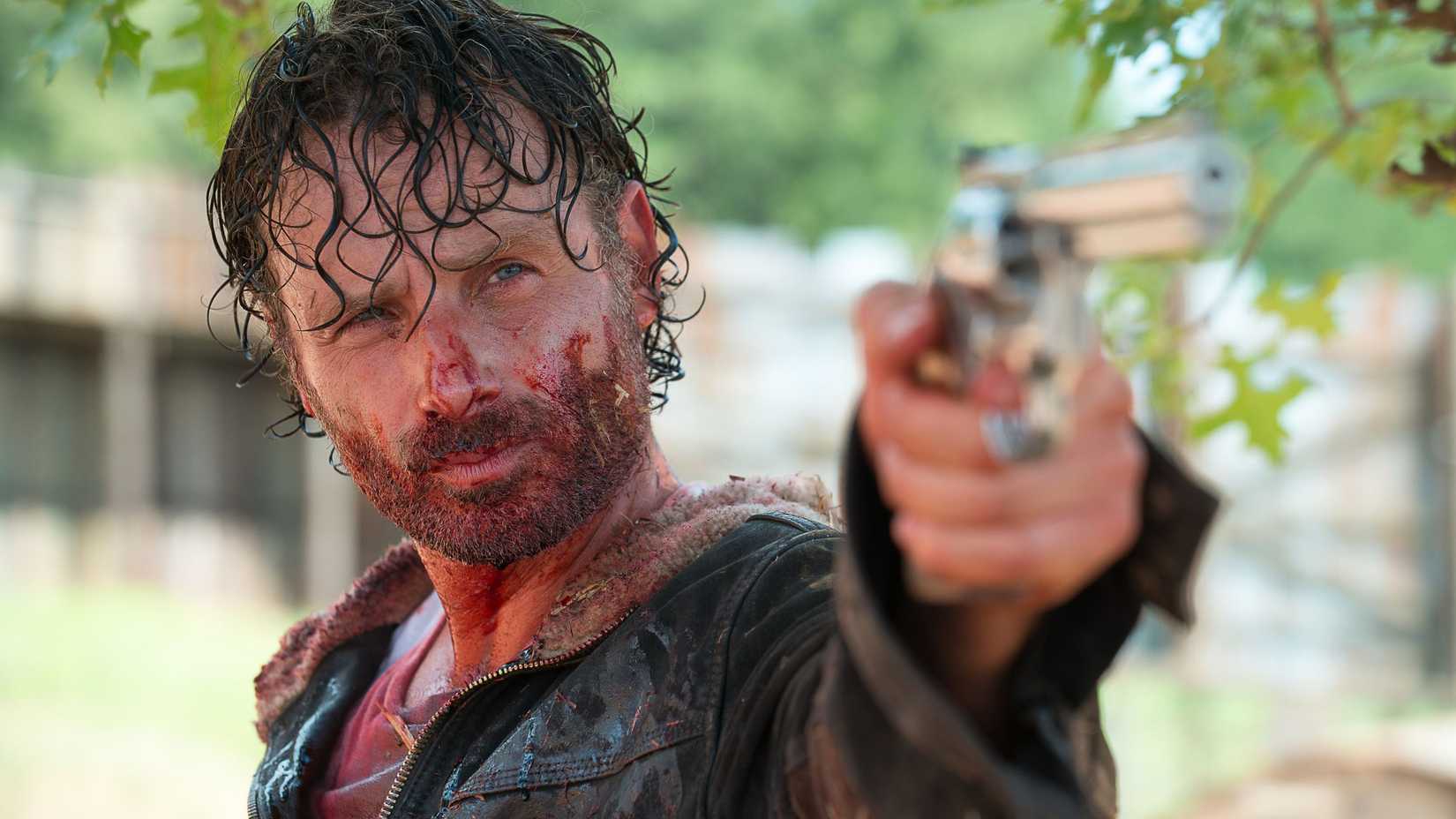 MovieStillsDB
MovieStillsDB
At its peak, The Walking Dead became a major part of the cultural conversation. The show’s initial seasons were incredibly gripping, with well-developed characters and a surprisingly beautiful, yet dark, atmosphere. It transformed typical zombie horror into something that felt like high-quality drama.
Sadly, the original Walking Dead series declined in quality towards the end, especially if you don’t include the spin-off shows. The show relied too much on self-contained episodes, storylines felt repetitive, and the pacing became inconsistent, which frustrated even dedicated fans.
The newer shows based on the original series are keeping the story going, but the main TWD series wasn’t able to stay as good as it once was. However, for a long time, no other show captured the feeling of a zombie apocalypse quite as powerfully.
Friends (1994–2004)
10 Seasons, 236 Episodes (+1 Special)
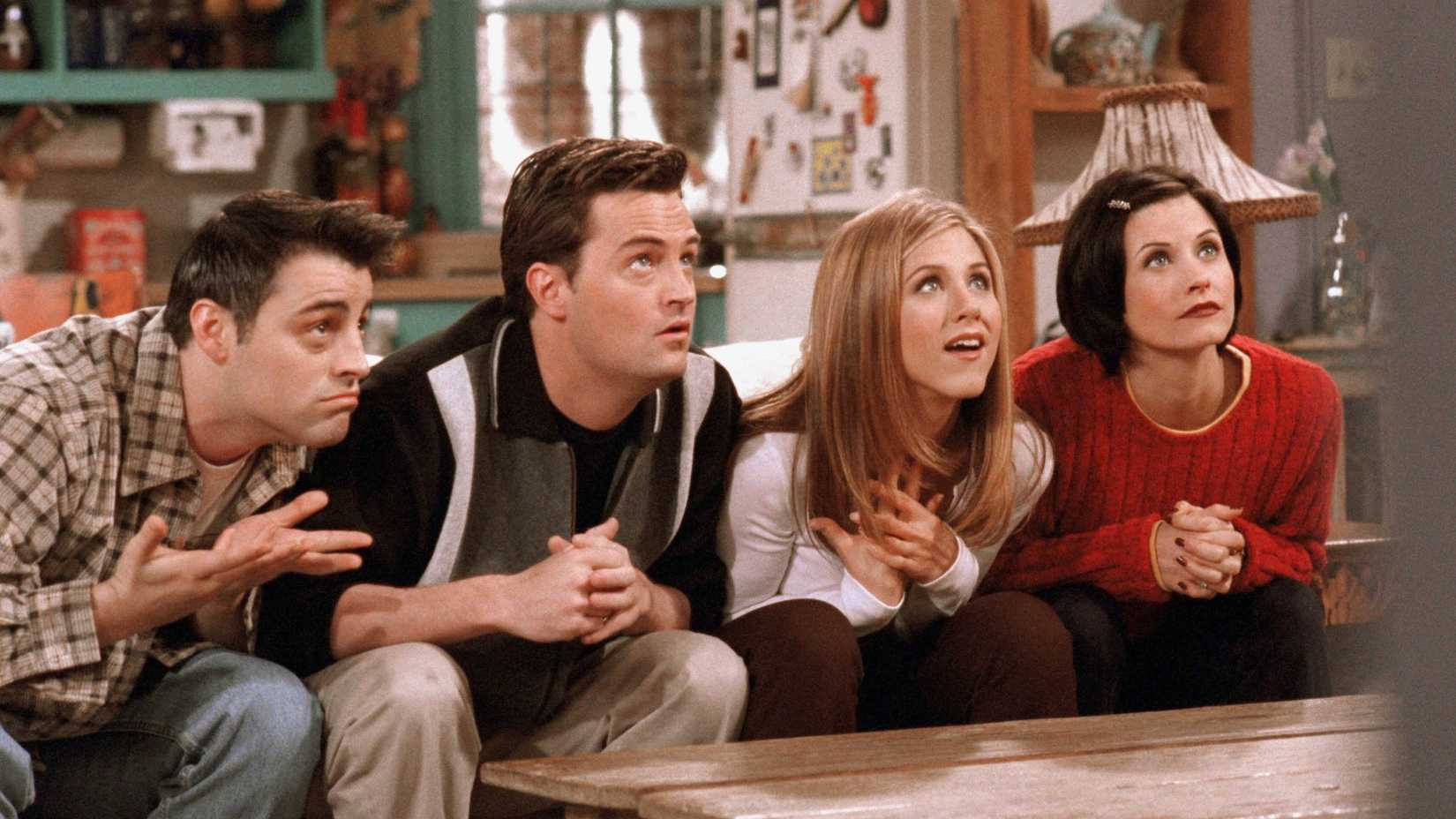 MovieStilsDB
MovieStilsDB
Friends truly captured the spirit of the ’90s. It was a show about six somewhat flawed adults simply navigating life, and it never pretended to be anything more complex than that. Throughout most of its run, the show was consistently funny, the actors had amazing chemistry, and even its weaker episodes were still enjoyable.
By its ninth season, the show’s vibe had definitely changed. The stories felt less focused, and the characters’ unique traits became more over-the-top. Even so, Friends didn’t suffer the typical decline of many long-running sitcoms. It had a satisfying ending – not revolutionary, but remarkably well-preserved and comforting.
Scrubs (2001–2010)
9 Seasons, 182 Episodes
 MovieStillsDB
MovieStillsDB
When Scrubs premiered in 2001, it revolutionized medical comedies with its mix of bizarre humor and fast-paced editing. The show was also remarkable for its surprisingly emotional and heartbreaking moments, which felt incredibly real for a sitcom. Over eight seasons, Scrubs consistently delivered touching stories, balancing humor with genuine loss, and always remaining sincere.
Most fans feel the season eight finale, “My Finale,” is the real end of the show. It provided a satisfying and emotional conclusion to JD’s story and life at Sacred Heart Hospital. The 2010 reboot, Scrubs: Med School, feels like an afterthought, and many viewers – including me – don’t consider it part of the official story.
ER (1994–2009)
15 Seasons, 331 Episodes
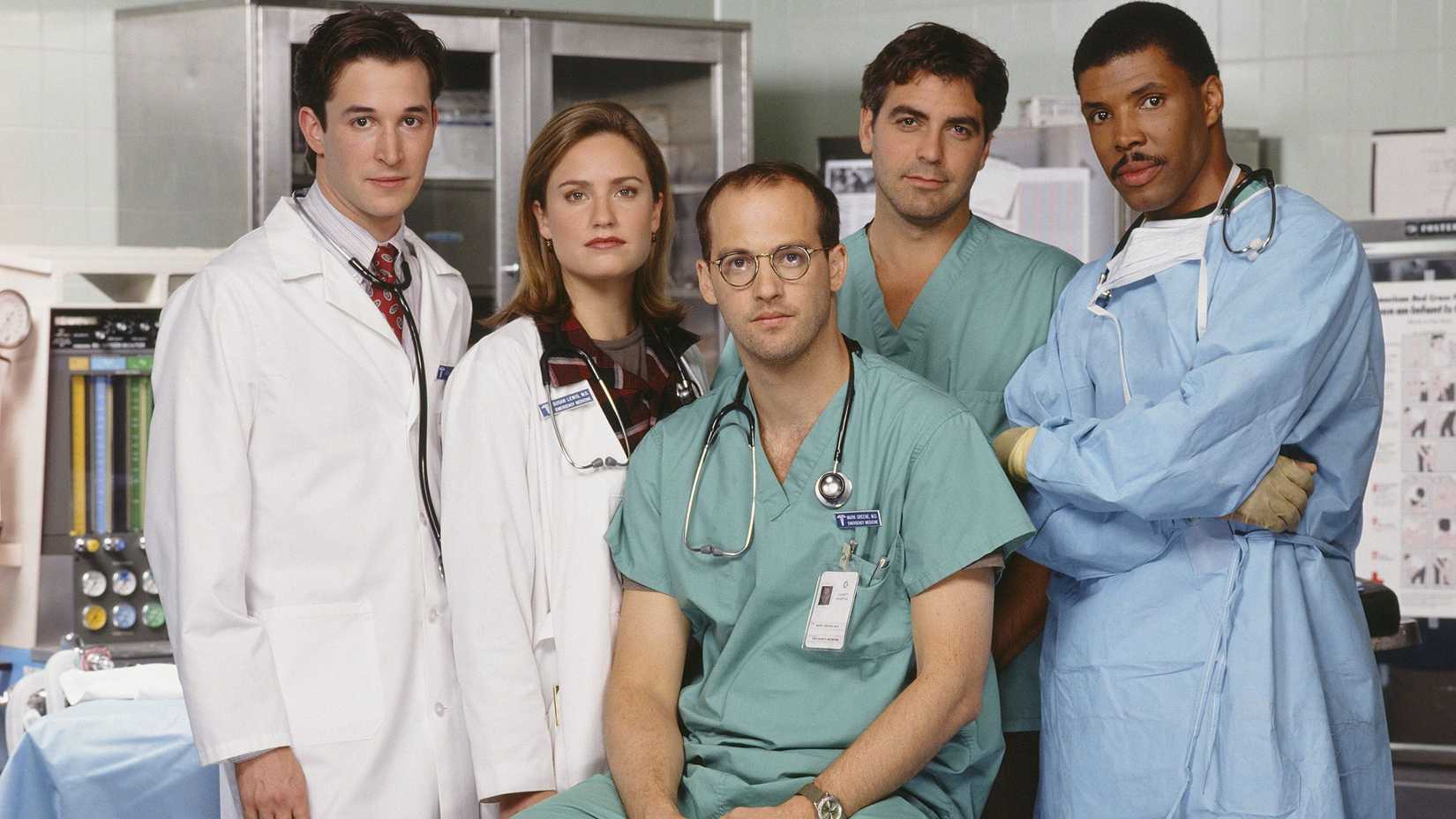 MovieStillsDB
MovieStillsDB
ER revolutionized 1990s television dramas. Created by Michael Crichton, known for Jurassic Park, the show was a fast-paced, intense, and visually striking experience that truly immersed viewers in the world of an emergency room. It felt authentic, chaotic, and profoundly human.
Watching ER again after key actors like George Clooney, Julianna Margulies, and Anthony Edwards departed reveals some tough truths. While the show’s quality noticeably declined, it’s impressive that it didn’t fall apart completely.
Despite airing for many years, ER continued to offer compelling storylines and powerfully emotional scenes. The series finale in 2009 felt like a fitting conclusion to a truly remarkable and groundbreaking television show.
30 Rock (2006–2013)
7 Seasons, 138 Episodes
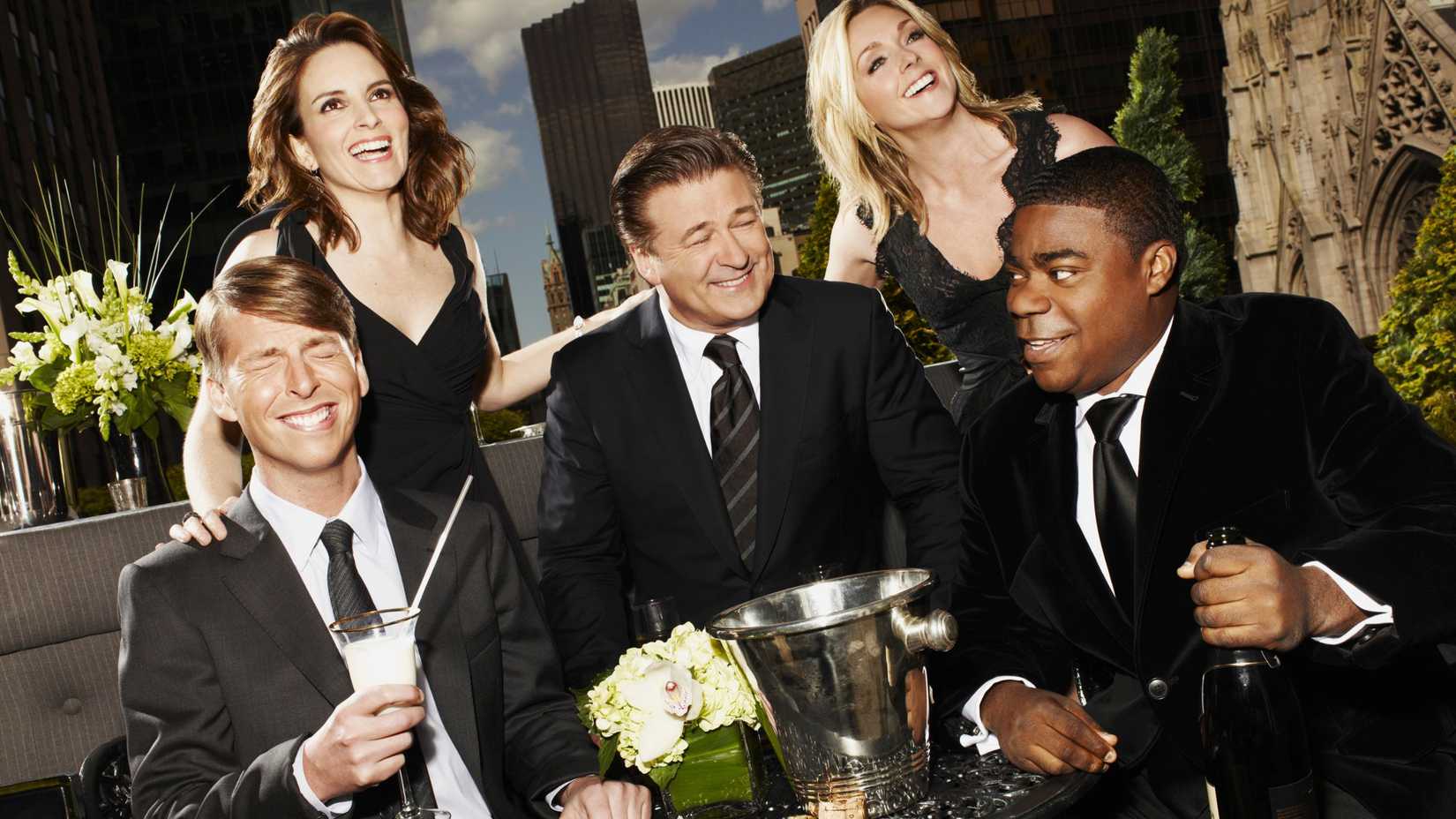 MovieStillsDB
MovieStillsDB
When Tina Fey left Saturday Night Live, 30 Rock felt like a show from a much more clever and inventive world. The sitcom, which humorously portrayed the craziness of producing live sketch comedy, reached a peak of brilliantly absurd comedy thanks to its incredibly smart writing and fast-paced style. 30 Rock maintained an amazingly high level of humor, all set within a unique version of New York City.
Despite a few jokes not holding up over time, 30 Rock remained consistently funny and innovative, with moments like its two live broadcasts still standing out. The show’s success rested on the fantastic, unpredictable dynamic between Tina Fey and Alec Baldwin, which kept even the most unusual storylines engaging. It’s remarkable how the series evolved from a humorous look at the making of SNL into a unique and memorable world of its own.
The Simpsons (1989–Present)
37 Seasons, 794+ Episodes
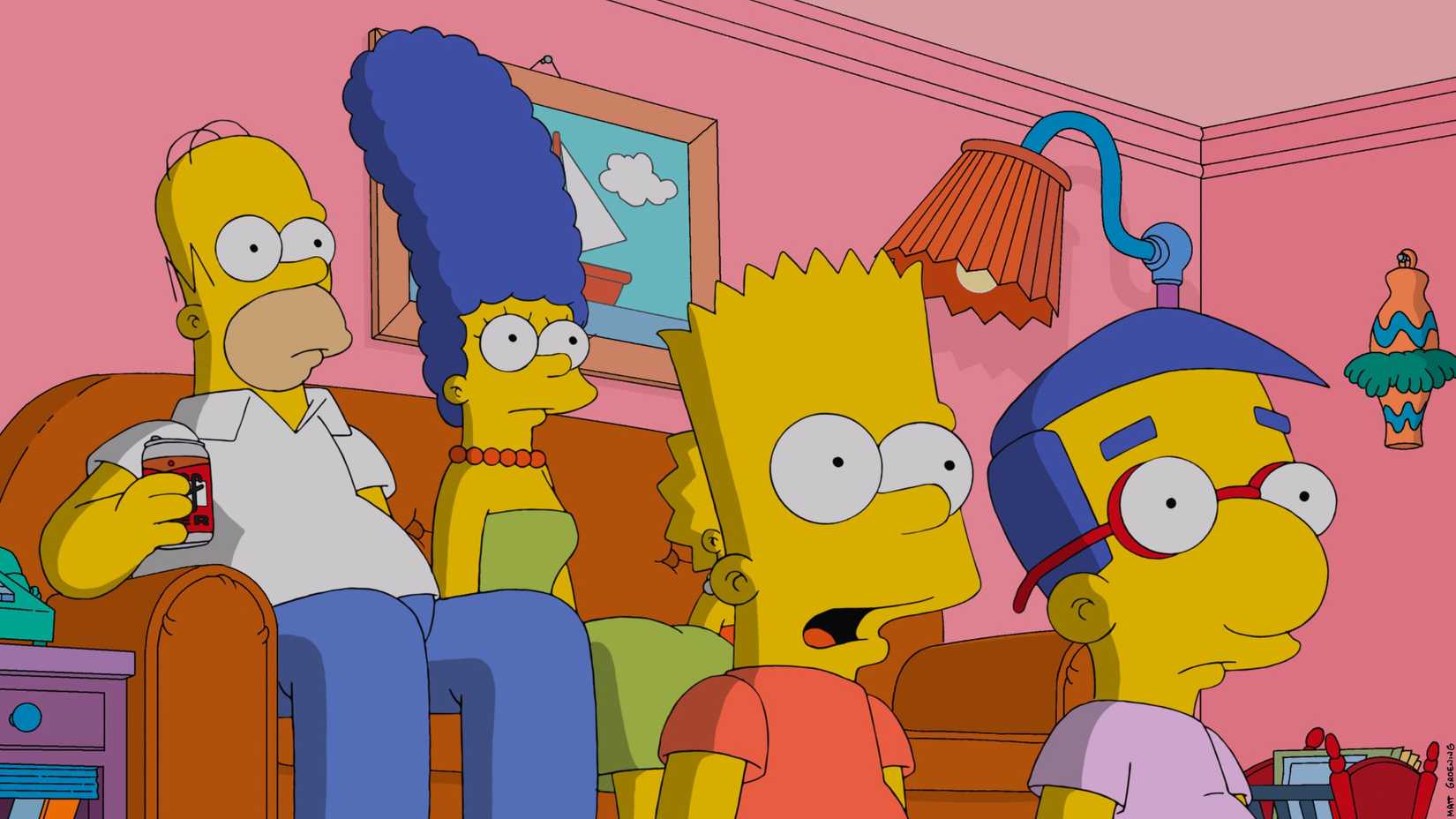 MovieStillsDB
MovieStillsDB
During its first ten years, The Simpsons wasn’t just a good show—it set the bar for all of television. Many consider seasons 3 through 8 to be some of the greatest in TV history, and for good reason. These episodes were clever and insightful, surprisingly touching, and full of memorable lines. They defined satire for a generation, all while remaining relatable and heartwarming.
After the year 2000, the show didn’t feel quite as special. It began relying more on appearances by famous people and simpler, more obvious jokes, and it lost the cleverness that had made it so groundbreaking in the beginning.
Despite being on the air for so long, The Simpsons remains a huge part of our culture. It’s become a unique reflection of American life and has rightfully maintained its place on television.
Law & Order: SVU (1999–Present)
27 Seasons, 578+ Episodes
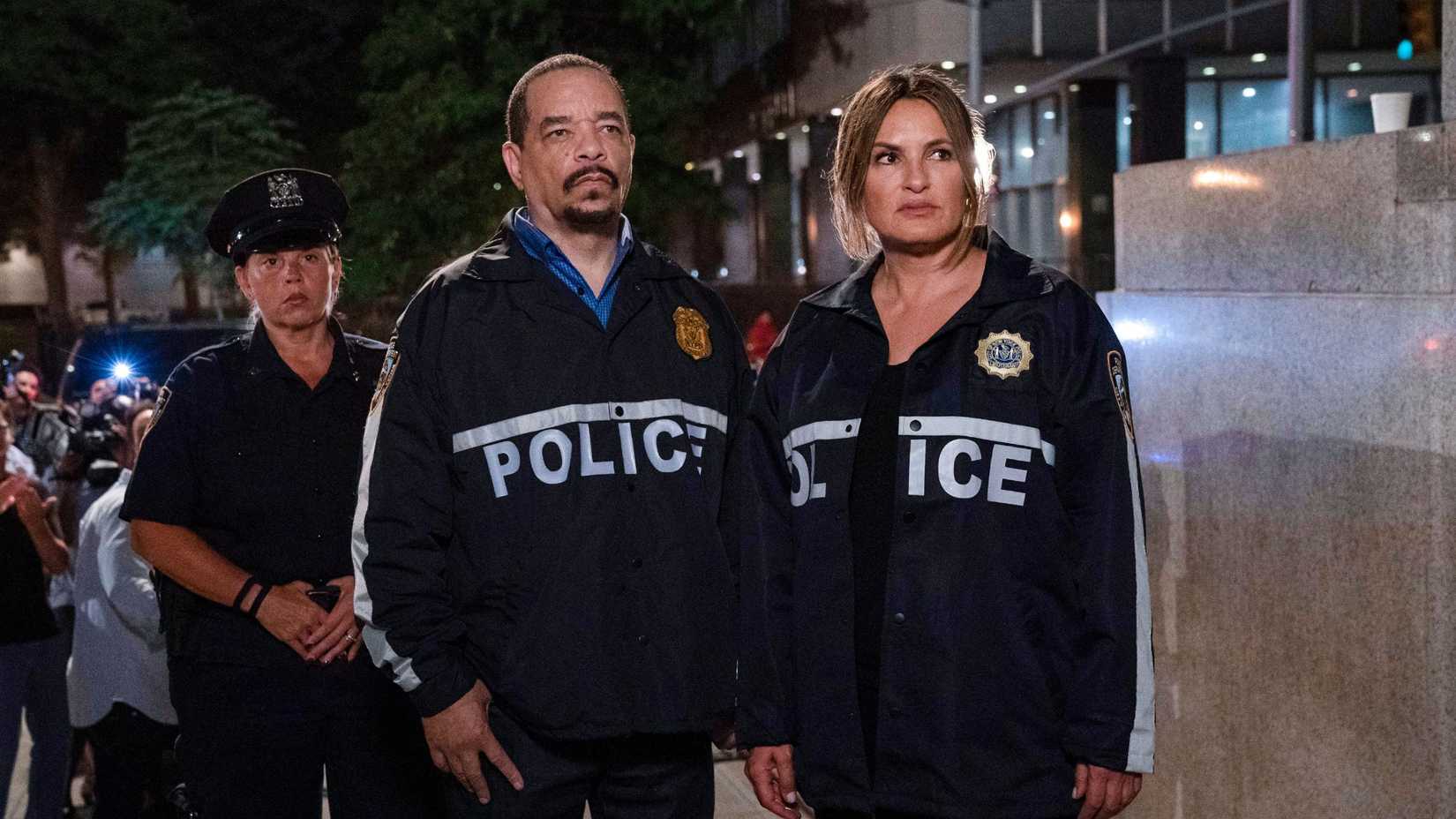 MovieStillsDB
MovieStillsDB
Premiering in 1999, Law & Order: SVU built on the established formula of the original Law & Order but with a much stronger focus on emotional impact. Mariska Hargitay’s character, Olivia Benson, quickly became the emotional center of the show, known for her strength, compassion, and unwavering determination. For its first ten years, SVU consistently offered compelling stories driven by its characters, skillfully balancing sensitive topics with moments of genuine surprise.
I’ve watched Law & Order: SVU for years, and even when it occasionally fell into predictable patterns with really dramatic, ripped-from-the-headlines cases, it never truly lost its strength. What always impressed me was how Olivia Benson grew alongside the show – starting as a detective and working her way up to captain. It felt like both she and the series got tougher and smarter with time, always dedicated to helping victims, even when those stories faded from public attention. It’s a testament to the show’s staying power, honestly.
Lost (2004–2010)
6 Seasons, 121 Episodes
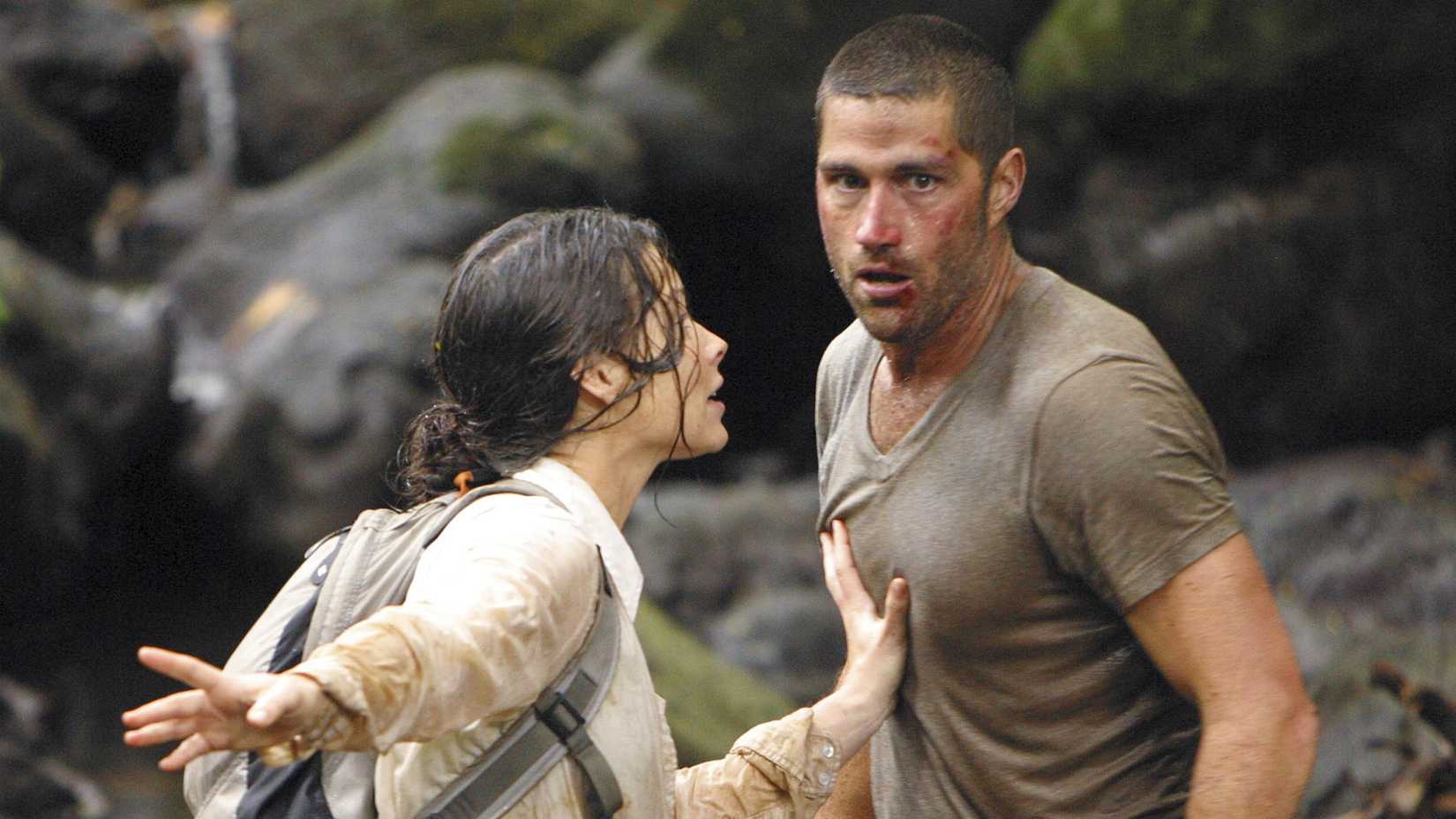
As a huge film and TV fan, I truly believe Lost didn’t just impact television – it completely changed the game. It wasn’t just about telling a story week to week; it redefined what serialized storytelling could be. From the very first episode, that amazing pilot, it blended mystery, mythology, and incredibly real emotion in a way that network TV had never even attempted. Honestly, those early seasons were brilliant – a perfect balance of immediate, gripping survival drama alongside these huge, thought-provoking philosophical questions. It was a masterclass in building a whole world and really digging into what makes its characters tick.
While the show’s mythology occasionally became overly complex, that wasn’t the most important thing. The later seasons deliberately focused on emotional storytelling rather than perfect logic, which gave the wilder plot points meaning by exploring themes of belief, letting go of grudges, and the importance of relationships.
I’m always more invested in the people of Lost than in figuring out the island’s secrets. And despite how divisive the ending was, it still feels like one of the most emotionally resonant farewells in TV history.
The Office (U.S.) (2005–2013)
9 Seasons, 201 Episodes
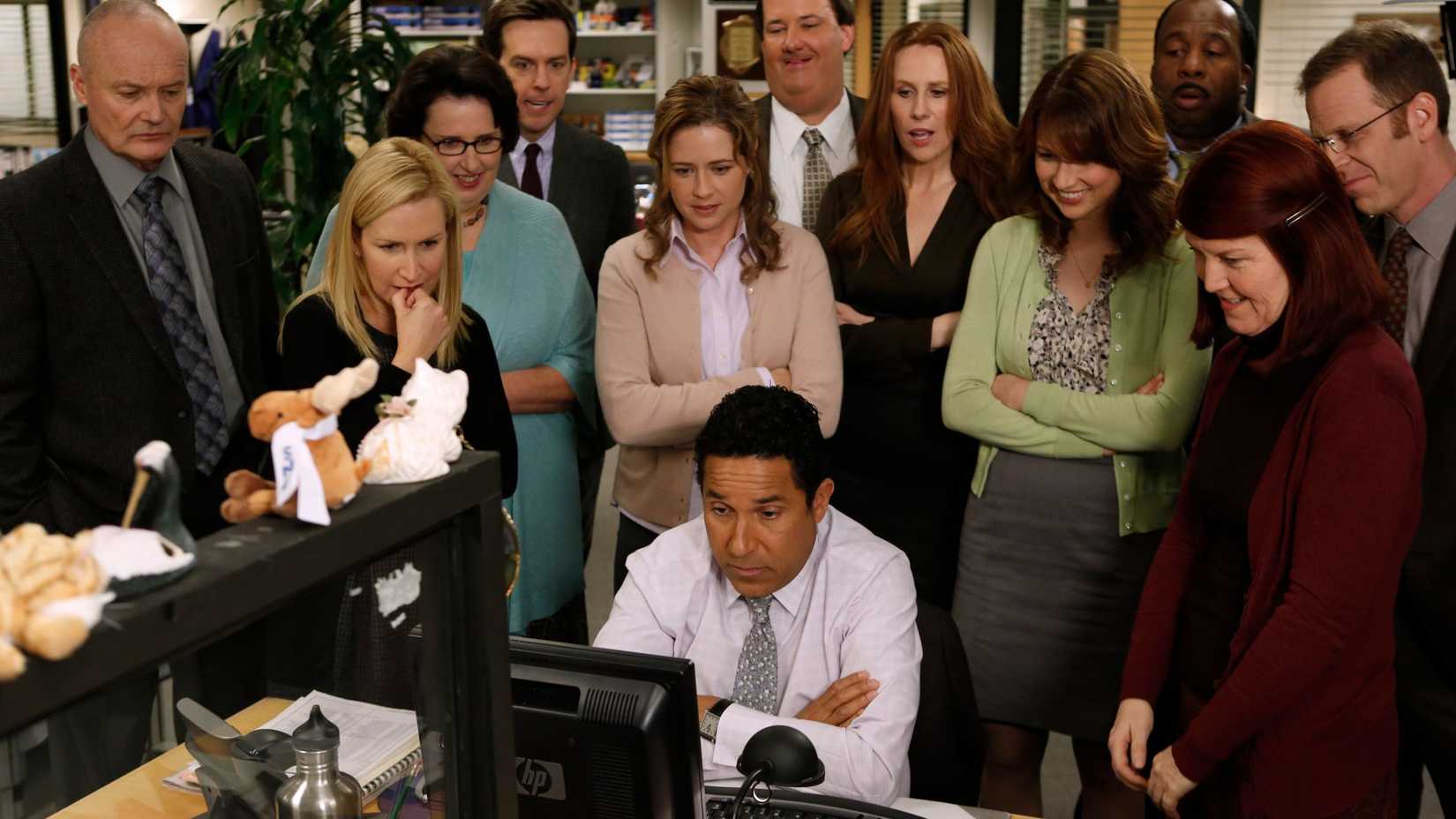 MovieStillsDB
MovieStillsDB
Almost no one thought a remake of the original British comedy would be any good. But by the second season, the show really hit its stride, turning the everyday boredom of office life into something surprisingly funny and even meaningful.
Steve Carell’s character, Michael Scott, developed beautifully throughout The Office, going from painfully awkward to genuinely caring. The show’s fantastic supporting cast consistently delivered funny moments that still hold up today, and they also brought a surprising emotional resonance that’s rare for sitcoms.
When Steve Carell left after season 7, the show understandably had some shaky moments, but it never lost its way completely. The final season beautifully wrapped up the series, offering a mix of humor, heart, and genuine emotion. Remarkably, even years later, The Office still feels fresh, relevant, and engaging.
Read More
- 10 Blockbusters That Still Bombed At The Box Office
- 10 Most Disappointing Biopics of Beloved Musicians
- 10 Devastating Buffy Episodes Fans Struggle to Rewatch
- 10 Underrated Fall 2025 Anime That Are About to Blow Up on Streaming
- 10 Must-Watch Horror TV Shows for Mike Flanagan Fans
- 10 Best ‘Naruto’ Filler Episodes
- 1 Major ‘Captain America 4’ Villain Was Originally Supposed to Die
- Доллар обгонит бразильский реал? Эксперты раскрыли неожиданный сценарий
- 10 Best Horror Shorts on YouTube for a Quick Scare
- Золото прогноз
2025-10-30 23:02